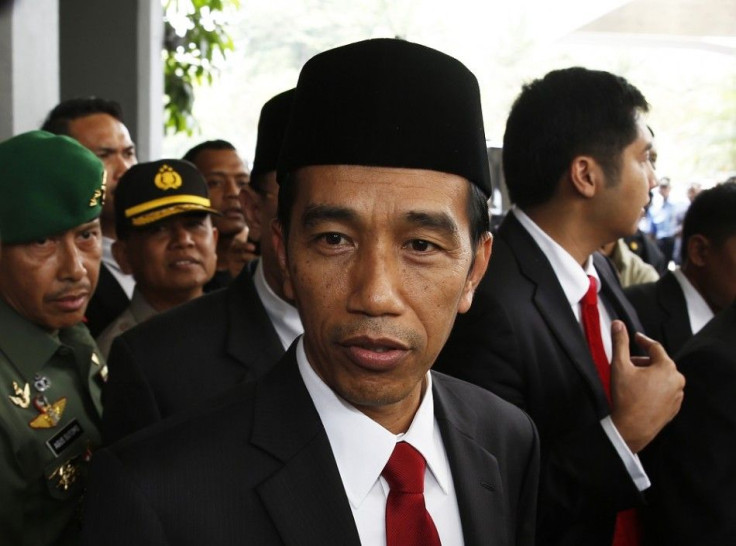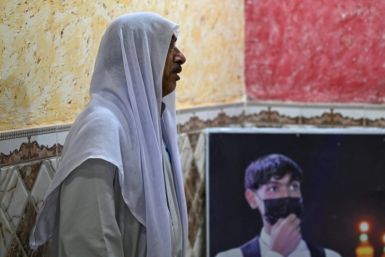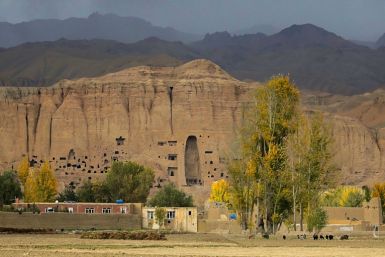Bali Nine Update: Andrew Chan, Myuran Sukumaran To Be Transferred To New Prison; Execution Will Be ‘As Soon As Possible’

Bali Nine drug smugglers Andrew Chan and Myuran Sukumaran will be executed “as soon as possible,” Indonesia has vowed. Authorities have ordered the transfer of the two Australians from Kerobokan prison to where their execution would take place. President Joko Widodo, meanwhile, has defended his decision to reject their pleas for clemency.
Head of Bali prosecutor’s office, Momock Bambang Samirso, said he has received order from the Justice and Human Rights Ministry to transfer Chan and Sukumaran from their current prison to another location so that their execution could go ahead. There is no set date for the execution yet, but Samirso promised it would happen soon.
“It is not possible today, but soon, as soon as possible,” he said, as quoted by the Sydney Morning Herald. “We don’t have a target. The sooner the better.”
The venue will be Nusakambangan Island, off the coast of Java, Attorney-General HM Prasetyo said. It is the same location where the first batch of prisoners were executed in January.
Chan and Sukumaran, as well as the other inmates set for execution, will be flown to Yogyakarta on a commercial flight before they will be driven to Cilacap where they will catch a ferry to Nusakambangan Island.
The fight for the Bali Nine ringleaders’ lives is still on, however, with Chan and Sukumaran’s lawyers still hoping to have their fate overturned. On Wednesday, their legal team filed an appeal against Mr Widodo’s clemency refusal in Jakarta’s administrative court.
Lawyers Julian McMahon and Michael O’Connell claim there has been a “serious error of law” in the process, which saw Chan and Sukumaran being denied of natural justice. Mr Widodo, according to the lawyers, is required by law to have thoroughly considered the clemency applications, which he apparently did not do.
The country’s president rejected 64 bids for clemency relating to drug offences. He stressed that the country is in a state of emergency due to drugs, with 50 people dying from narcotics every day.
“That’s why the presidential clemency requests that came onto my desk – there were 64 – I signed all of them, but rejected them,” Mr Widodo justified. “The decision to give the death sentence wasn’t the president’s, it was the judge in the court. The president is just not giving forgiveness, not giving any clemency.”
He also acknowledged the pressure from international countries like Australia to spare their citizens from the firing squad is mounting, but he vows not to give in. “…I’m used to being pressured, I think it’s normal.”






